Description
Efnisyfirlit
- Cover Page
- Half Title page
- Title Page
- Copyright Page
- Acknowledgements
- Contents
- Editor’s Preface
- Herodotus
- The Twittering of Birds
- From Histories, Book Two (Istoria, mid-5th century B.C.E.)
- The Origin of the Class of Egyptian Interpreters
- From Histories, Book Two (Istoria, mid-5th century B.C.E.)
- Anonymous (‘Aristeas’)
- The Work of the Seventy-Two
- From Aristeas to Philocrates (around 130 B.C.E)
- Marcus Tullius Cicero
- Translating Greek Orations into Latin
- From De oratore (55 B.C.E.?)
- The Best Kind of Orator (52 B.C.E)
- Translating Greek Philosophy into Latin
- From De finibus bonorum et malorum (45–44 B.C.E.)
- Philo judaeus
- The Creation of the Septuagint
- From De vita Mosis (20 B.C.E.?)
- Horace (Quintus Horatius Flaccus)
- Imitating in Your Own Words
- From Ars Poetica (20 B.C.E?)
- Paul of Tarsus
- Rather Five Words With the Mind Than Ten Thousand in a Tongue
- 1 Corinthians 14 (55 C.E.?)
- Lucius Annaeus Seneca
- What Is
- From Epistulae morales ad Lucilium, letter 58, 63–65 C.E.)
- Pliny the Younger (Gaius Plinius Caecilius Secundus)
- Imitation of the Best Models
- Letter to Fuscus Salinator (85 C.E.?)
- Quintilian (Marcus Fabius Quintilianus)
- On What We Should Employ Ourselves When We Write
- From Institutiones oratoriae (96 C.E.?)
- Aulus Gellius
- On the Importance of Avoiding Strict Literalness
- From Noctes Atticae (100 C.E.?)
- Epiphanius of Constantia (Salamis)
- Producing an Unadulterated Translation
- From De mensuris et ponderibus (392)
- Jerome (Eusebius Hieronymus)
- The Best Kind of Translator
- Letter to Pammachius (395)
- Who Was The First Lying Author?
- From Prefatio in Pentateuchem (401)
- Augustine (Aurelius Augustinus)
- The Use of Translations
- From De doctrina Christiana (428)
- I
- II
- III
- IV
- V
- X
- XI
- XII
- XIII
- XIV
- XV
- C. Chirius Fortunatianus
- Translation as Exercitatio
- From Artes rhetoricae (5th century)
- Anicius Manlius Severinus Boethius
- Committing the Fault of the True Interpreter
- From In Isagoge Porphyrii Commenta (510?)
- Gregory the Great
- Giving the Sense
- From letter to Aristobulus (590/91)
- Mangling the Sense
- From letter to Narses (597/98)
- John Scotus Eriugena
- Translator, Not Expositor
- From prologue to translation of De caelesti hierarchia by Pseudo-Dionysius the Areopagite (mid-9th century)
- King Alfred
- Translating Plainly and Clearly
- Preface to Translation of Boethius’ Consolation of Philosophy (887?)
- Translating Books Which Are Most Necessary For All Men to Know
- Letter to Bishop Waerferth (890/97)
- Aelfric
- Translating Into Our Ordinary Speech
- From Preface to Book I of Catholic Homilies (989)
- Pure and Plain Words
- Preface to Book II of Catholic Homilies (992)
- Translating into Idiomatic English
- Preface to Genesis (997?)
- Notker the German
- Letter to Bishop Hugo von Sitten (c. 1015)
- Burgundio of Pisa
- The Risk of Altering So Great an Original
- From preface to Latin translation of In commentatione Iohannis Crisostomi supra evangelium sancti Iohannis evangeliste (1170s)
- Anonymous
- The Three Kinds of Translating (12th century)
- From Commentary on Boethius’ De arithmetica (12th century)
- Thomas Aquinas
- Proem
- From Contra errores Graecorum (1263?)
- Roger Bacon
- On the Usefulness of Grammar
- From Opus Maius (1268?)
- Jean de Meun
- Translating for Lay People
- From prologue to Roman de la Rose (c. 1280)
- Plainly Rendering the Sense
- From dedication to translation of Boethius’ Li Livres de Confort de Philosophie (between 1285 and 1305)
- Dante Alighieri
- Translation Destroys the Sweetness of the Original
- From Il convivio (1304–1307)
- Anonymous
- Another Meaning
- From Ovide moralisé (early 14th century)
- Richard Rolle
- Following the Letter
- Prologue to English Translation of the Psalter (1330s)
- John of Trevisa
- Dialogue Between a Lord and a Clerk upon Translation (1387)
- Coluccio Salutati
- Letter to Antonio Loschi (1392)
- Anonymous (John Purvey?)
- On Translating the Bible (1395/97)
- Leonardo Bruni
- On the Correct Way of Translating (1424/26)
- King Duarte
- The Art of Translating from Latin
- From O Leal Conselheiro (1430s)
- William Caxton
- Prologue to Aeneid (1490)
- Desiderius Erasmus
- Letter to Nicholas Ruistre (1503)
- Letter to William Warham (1506)
- Letter to William Warham (1507)
- Letter to Maarten Lips (1518)
- Thomas More
- Whether the Clergy of This Realm Have Forbidden All the People to Have Any Scripture Translated into our Tongue
- From A Dialogue Concerning Heresies and Matters of Religion (1529)
- Marten Luther
- Circular Letter on Translation (1530)
- William Tyndale
- How Happeneth That Ye Defenders Translate Not One Yourselves?
- From An Answer to Sir Thomas More’s Dialogue (1531)
- Juan Luis Vives
- Practice in Writing
- From De Tradendis Disciplinis (1531)
- Translation and Interpretation
- From De ratione dicendi (1533)
- Etienne Dolet
- The Way to Translate Well From One Language into Another (1540)
- Elifobeth Tudor
- Letter to Catherine Parr
- Prefaced to translation of Queen Marguerite of Navarre, ‘The Glasse of the Synnefull Soule’ (1544)
- The Study of a Woman
- From Preface to Her Translation of Queen Marguerite of Navarre, A godly Medytacyon of the christen Sowle (1548)
- Mikael Agricola
- Preface to the New Testament (1548)
- Joachim du Bellay
- The Defense and Illustration of the French Lan-guage (1549)
- Anna Cooke
- The Study of Italian Justified
- From preface to translation of Bernadine Ochine, Fouretene sermons (1550?)
- Jacques Peletier
- Of Translation
- From L’art poétique franςaise (1555)
- Roger Ascham
- The Ready Way to the Latin Tongue
- From The Schoolmaster (1570)
- Etienne Pasquier
- Letter to Jacques Cujas (1576)
- Letter to Odet de Tournebus (1576)
- Margaret Tyler
- M.T to the Reader
- From preface to translation of Diego Ortunes de Calahorra, A mirrour of princely deedes and knighthood (1578)
- Michel Eyquem de Montaigne
- We Call Barbarous Anything That is Contrary to Our Own Habits
- From ‘Des cannibales’, 1580)
- Gregory Martin
- Five Sundry Abuses or Corruptions of Holy Scripture
- From the preface to A Discovery of the Manifold Corruptions of the Holy Scriptures (1582)
- The Holy Scriptures Ought Not be Read Indiffer-ently of All
- From ‘Preface to the Reader’, The New Testament of Jesus Christ (1582)
- William Fulke
- That None Of These Five Abuses are Committed By Us
- From preface to A Defence of the Sincere and True Translations of the Holy Scriptures into the English Tongue, Against the Cavils of Gregory Martin (1583)
- The Holy Scriptures Should Always Be in Our Mother Tongue
- From ‘Confutation of the Rhemists’ Preface’, Confutation of the Rhemist Testament (1589)
- John Florio
- The Epistle Dedicatory
- Preface to translation of Montaigne’s Essays (1603)
- To the Courteous Reader
- Preface to translation of Montaigne’s Essays (1603)
- George Chapman
- The Preface to the Reader
- From his translation of the Iliad (1611)
- Miles Smith
- The Translators to the Reader
- Preface to the King James Version of the Bible (1611)
- Miguel de Cervantes Saavedra
- Viewing Flemish Tapestries From the Wrong Side
- From Don Quixote, Part II (1615)
- Jean Chapelain
- To the Reader
- Preface to translation of Le Gueux, ou la vie de Guzman d’Alfarache (1619-1620)
- Joseph Webbe
- Perceiving the Custom of the Ancients
- From An Appeal to Truth, Concerning Art and Use (1622)
- Suzanne du Vegerre
- The Author’s Epistle to the READER
- Preface to her translation of John Peter Camus, Admirable Events (1639)
- John Denham
- To Sir Richard Fanshaw Upon His Translation of Pastor Fido (1648)
- Preface to The Destruction of Troy (1656)
- Nicolas Perrot d’Ablancourt
- To Monsieur Conrart
- Dedication of French translation of Lucian (1654)
- Adjusting Things to Accommodate the Subject
- From Preface to French translation of Thucydides (1662)
- Abraham Cowley
- Preface to Pindarique Odes (1656)
- Pierre Daniel Huet
- Concerning the Best Kind of Translation
- From De optimo genere interpretandi (1661)
- Katherine Philips
- Translating Pompey
- From Letters from Orinda to Poliarchus (1663)
- John Dryden
- The Three Types of Translation
- From ‘Preface’ to Ovid’s Epistles (1680)
- Steering Betwixt Two Extremes
- From ‘Dedication of the Aeneis’ (1697)
- Wentworth Dillon, Earl of Roscommon
- An Essay on Translated Verse (1684)
- Apha Behn
- Translating French Into English
- From ‘An Essay on Translated Prose’ (1688)
- Recasting, Not Translating
- From ‘The Preface to the History of Oracles’ (1688)
- Gottfried wilhelm Leibniz
- Enriching the German Language
- From Unvorgreifliche Gedanken, betreffend die Ausübung und Verbesserung der deutschen Sprache (1697)
- Anne Dacier
- My Condemnation
- From preface to translation of L‘Iliade d‘Homère (1699)
- Joseph Addison
- National Accents
- Spectator no. 29 (April 3, 1711)
- Alexander Pope
- The Chief Characteristic of Translation
- From preface to the Iliad (1715)
- Charles Batteux
- Principles of Translation
- From Principles de littérature (1747–48)
- Elizabeth Carter
- Translating Epictetus
- Letters to and from Catherine Talbot and Thomas Secker, Bishop of Oxford (1749-1757)
- Samuel Johnson
- The Art of Translation
- The Idler 68/69 (1759)
- Translating Homer
- From ‘Life of Pope’ (1779–81)
- Johann Gottfried von Herder
- The Ideal Translator
- From Über die neuere Deutschen Litteratur. Fragmente (1766–1767)
- Language as Maiden
- From Über die neuere Deutschen Litteratur. Fragmente, rev.ed. (1768)
- Alexander Fraser Tytler
- The Proper Task of a Translator
- From Essay on the Principles of Translation (1790)
- Chapter I
- Chapter II
- Chapter V
- Chapter IX
- Novalis (Friedrich Leopold, Baron von Hardenberg)
- Translating Out of Poetic Morality
- From a letter to A. W. Schlegel (1790)
- Grammatical, Transformative, and Mythic
- From Blütenstaub (1798)
- August Wilhelm von Schlegel
- Noble Rust
- From ‘Dante – Über die Göttliche Komödie’ (1791)
- At Once Faithful and Poetic
- From ‘Etwas über Wilhelm Shake-speare bei Gelegen heit Wilhelm Meisters’ (1796)
- Poetic Translation an Imperfect Approximation
- From Homers Werke von Johann Heinrich Voss’ (1796)
- Projecting Oneself into Foreign Mentalities
- From Geschichte der klassischen Literatur (1802)
- The Speaking Voice of the Civilized World
- From Geschichte der romantischen Literatur (1803)
- Johann Wolfgang von Goethe
- Prose Translations
- From Dichtung und Wahrheit (1811)
- The Two Maxims
- From ‘Rede zum Andenken des edlen Dichters, Bruders und Freundes Wieland’ (1813)
- Translations
- From notes to West-Östlicher Divan (1819)
- The Translator as Matchmaker
- From Maximen und Reflexionen (‘Maxims and Reflections’, 1826)
- On Carlyle’s German Romance (1828)
- Friedrich Schleiermacher
- On the Different Methods of Translating (1813)
- Wilhelm von Humboldt
- The More Faithful, The More Divergent
- From introduction to translation of Aeschylus’ Agamemnon (1816)
- Anne-Louise-Germaine Necker, Baronne de Staül-Holstein
- On the Spirit of Translations (1816)
- Percy Bysshe Shelley
- The Violet and the Crucible
- From ‘A Defence of Poetry’ (1821)
- Arthur Schopenhauer
- On Language and Words
- From Parerga und Paralipomena (1851)
- 306
- 307
- 308
- 309
- Edward FitzGerald
- Letter to E. B. Cowell (1859)
- Letter to J. R. Lowell (1878)
- Matthew Arnold
- The Translator’s Tribunal
- From On Translating Homer (1861)
- Francis W. Newman
- The Unlearned Public is the Rightful Judge of Taste
- From Homeric Translation in Theory and Practice (1861)
- Richard F. Burton
- Clothing the Skeleton
- From Preface to translation of Vikram and the Vampire (1870)
- A Plain and Literal Translation
- From Introduction to The Book of The Thousand Nights and a Night (1885)
- Robert Browning
- Literal At Every Cost
- From Preface to Translation of Aeschylus’ Agamemnon (1877)
- Friedrich Nietzsche
- Translation as Conquest
- From Die fröhliche Wissenschaft (1882)
- Translating the Tempo of the Original
- From Jenseits Gutes und Böses (1886)
- Biographies
- Further Reading
- Classical Antiquity
- Middle Ages
- Bible Translation, 14th to 16th Centuries
- The Renaissance
- (Pre-) Romanticism
- References
- Primary Sources
- Secondary Sources
- Name Index
- Subject Index
- Title Index

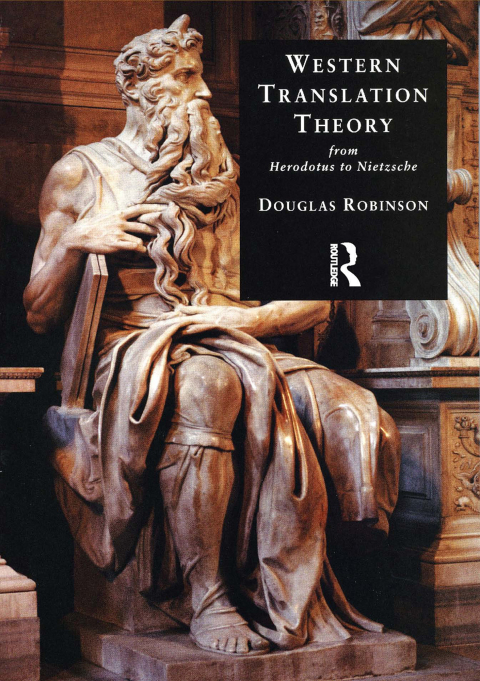
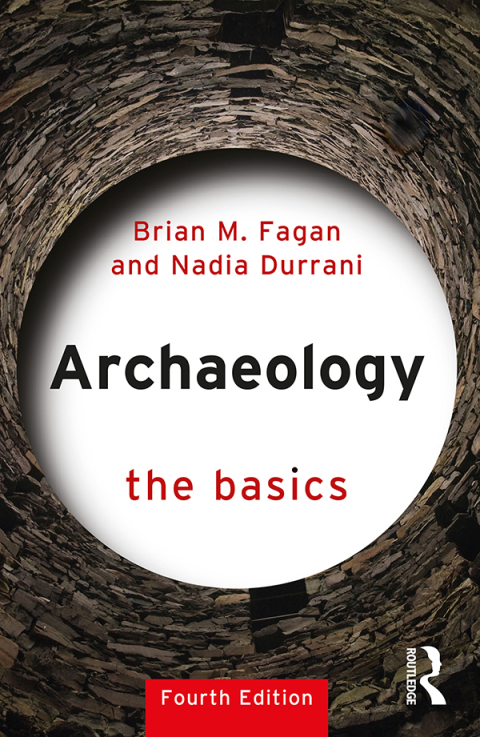
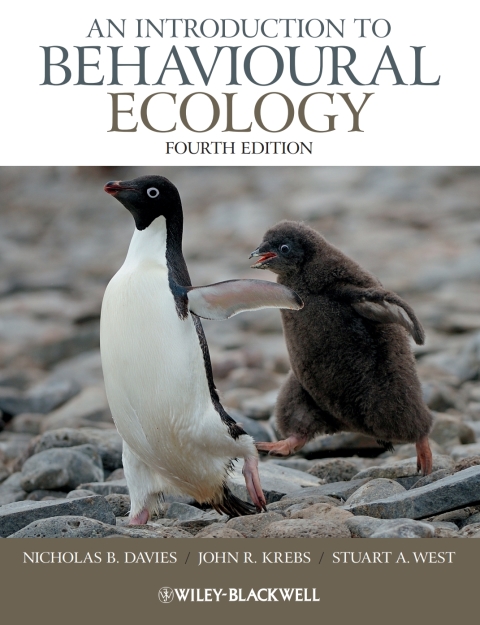
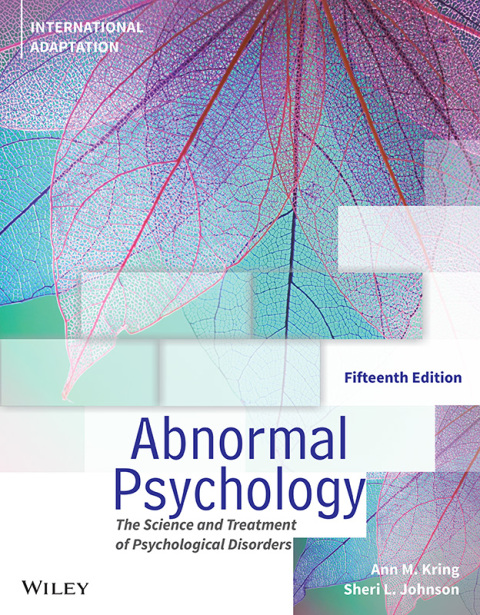

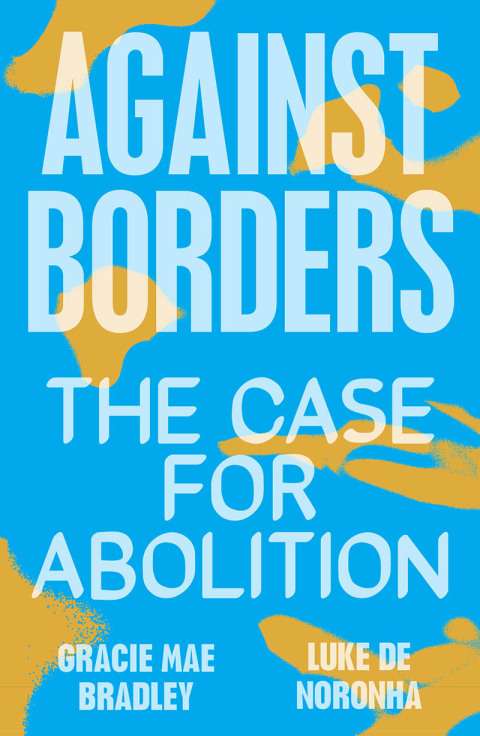
Reviews
There are no reviews yet.